While acknowledging the genocide would be salutary, Israel should have done so long ago. In fact, the Jewish state should have been the first country to recognize the genocide, in view of the awesome legacy of the Holocaust, the Shoah. Who should empathize more with the victims of genocide than those who have suffered a similar fate themselves? As Knesset member Nino Abesadze pointed out during the hearing, “It is precisely because we have been a victim people that we do not dare fail to identify with another victim people.” Another influential Knesset member, Zeev Elkin, the chair of the Likud Caucus, stated, “We are one of the last nations in the world that has still not recognized the Armenian Genocide. It is our moral responsibility that we have still not met.”
During the June 12 hearing, Knesset Chairman Reuven Rivlin spoke “firmly and inspiringly” with “profound feeling of both a Jewish and an Israeli imperative to extend a long overdue recognition,” Charny reported. Rivlin announced that there was no need for a new vote to recognize the Armenian Genocide since the Knesset had already voted unanimously for its recognition last year. Charny explained that unlike the U.S. Congress, Knesset resolutions first go to the Plenary Session before being considered by one of its committees. The next step for the genocide resolution is the Education Committee, after which it will be sent back to the Knesset for a final vote. Only then can it be said that the Knesset has officially recognized the Armenian Genocide.
One of the unexpected developments at the June 12 hearing was a statement by Minister of Environmental Affairs Gilad Erdan, who announced that he was speaking officially on behalf of the government. He stated unambiguously that Israel had decided to recognize the Armenian Genocide. Furthermore, Erdan claimed that “the State of Israel has never denied it; on the contrary, we deplore the [Armenian] genocide.” This was a surprising statement, since it is well known that, under Turkish pressure, Israel has persistently opposed recognition of the genocide. Nevertheless, in defiance of Israeli state denialism, on April 24, 2000, Minister of Justice Yossi Beilin and Minister of Education Yossi Sarid acknowledged the Armenian Genocide, prompting the government to repudiate their statements. Beilin had also recognized the genocide in 1994, while serving as deputy foreign minister.
The fact that serious discussions on the Armenian Genocide are now taking place at a time of deteriorating relations between Turkey and Israel raises troubling questions about the motives of the Israeli government. It would be morally repugnant to see the mass murder of a nation being exploited for crass political calculations. Yet, one has to realize that international relations are rarely based on moral principles. Were it not for economic and political considerations, the whole world would have long ago recognized the Armenian Genocide.
While critics may be displeased that Israel is considering recognition of the genocide at a time of discord with Turkey, the greater wrong, in my view, was not doing the right thing for all these years. Even now, despite efforts to rectify the past and uphold the truth, some Israeli officials are concerned that raising the Armenian Genocide issue would further exacerbate relations with Turkey. Knesset member Arieh Eldad dismissed such objections by pointing out the illogical stance of the naysayers: “A few years ago, people said we couldn’t talk about it because of our good relations with Turkey. Now people say we can’t talk about it because of our bad relations with Turkey.”
Eldad added that when people are reluctant to address moral and ethical issues there is always a claim that the timing of such a discussion is wrong.
There is, however, one red line that no Armenian should cross: Israeli officials have sought to obtain political concessions from Armenia and Armenians in return for genocide recognition. Such demands should be rejected outright since Armenians do not owe anything to Israel for recognizing the genocide—a universally acknowledged historical fact. Israel should recognize the Armenian Genocide simply because it is the right thing to do, reflecting the sentiments of all righteous Jews worldwide.
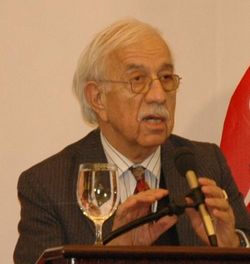
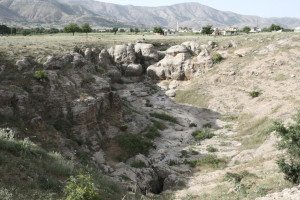
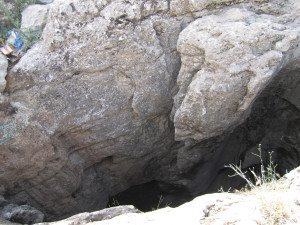
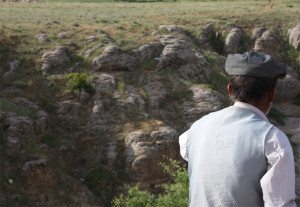
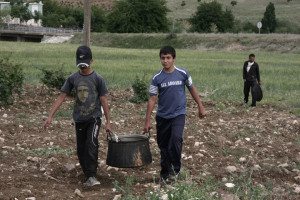
 As it was informed yesterday Israeli Knesset is going to have a debate on the
recognition of Armenian Genocide.
As it was informed yesterday Israeli Knesset is going to have a debate on the
recognition of Armenian Genocide.

